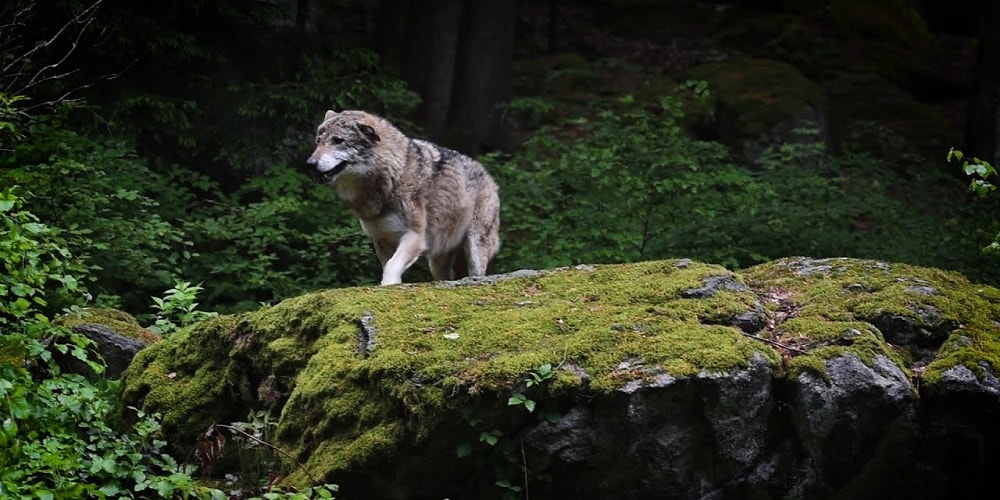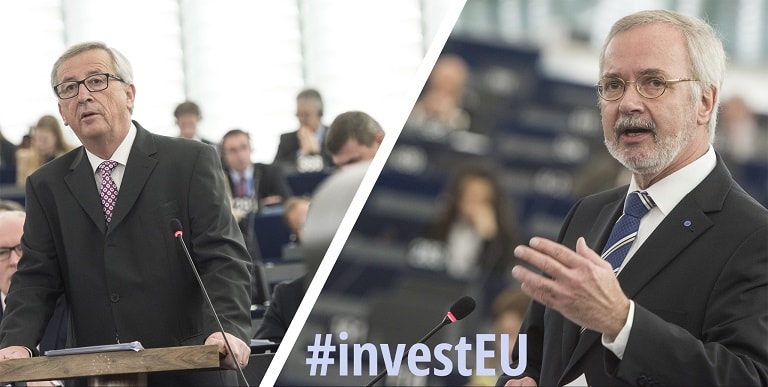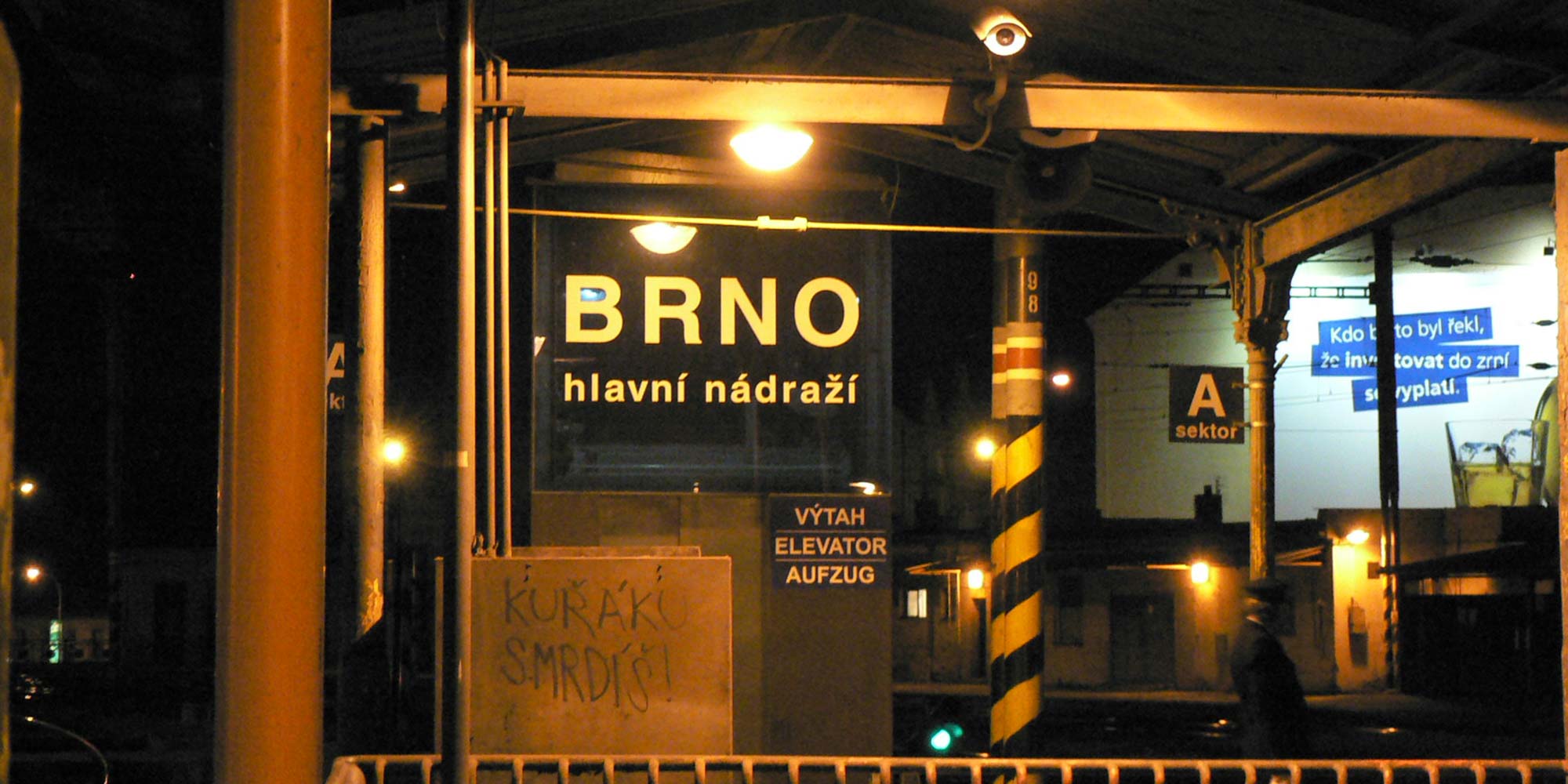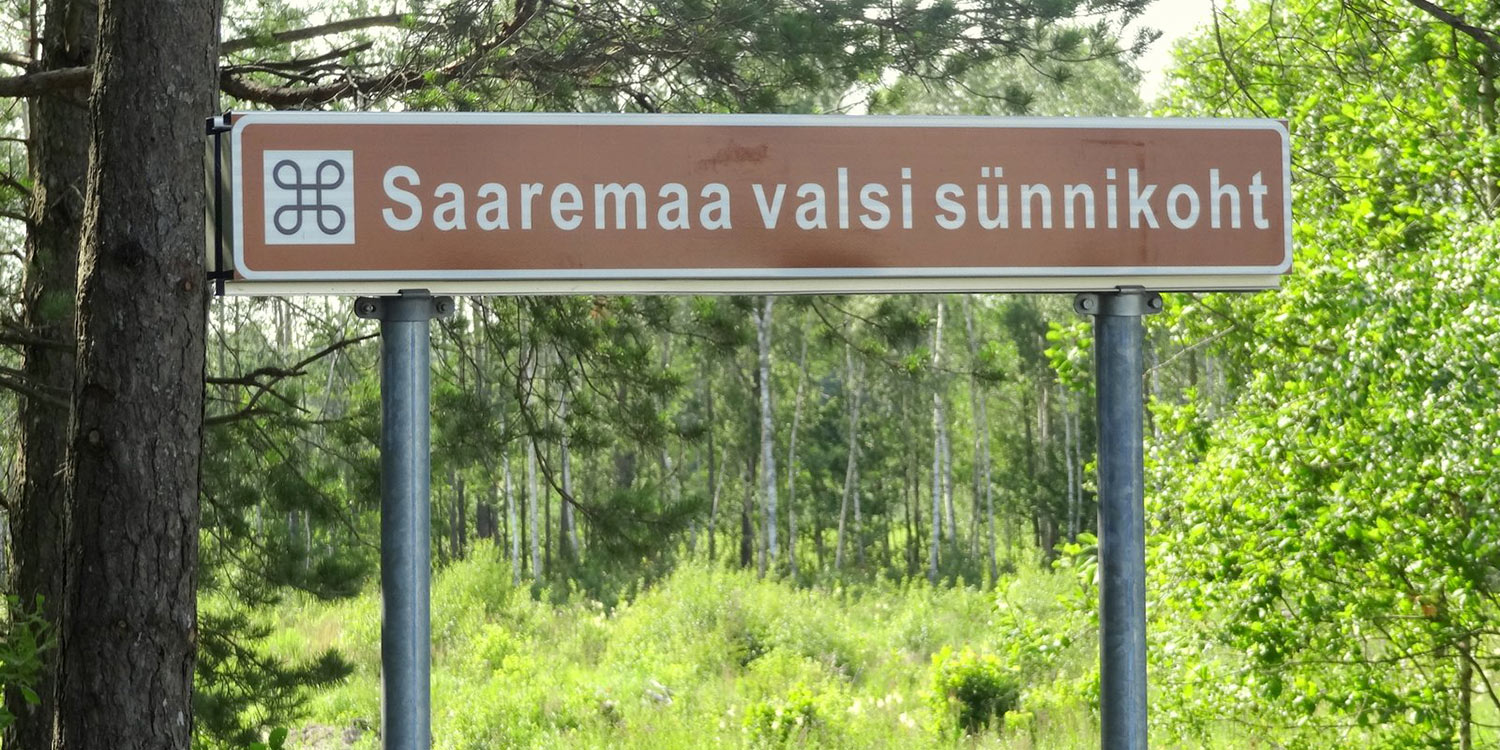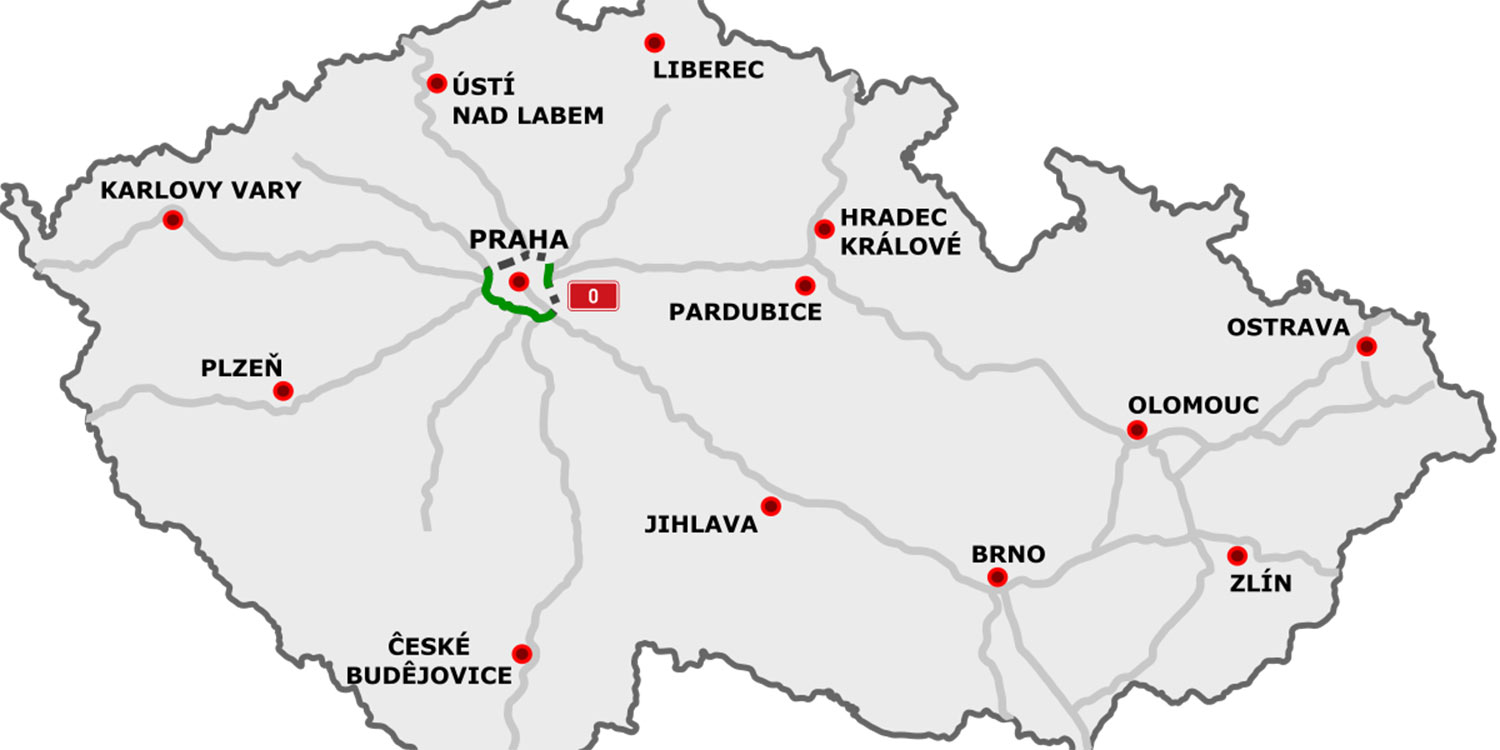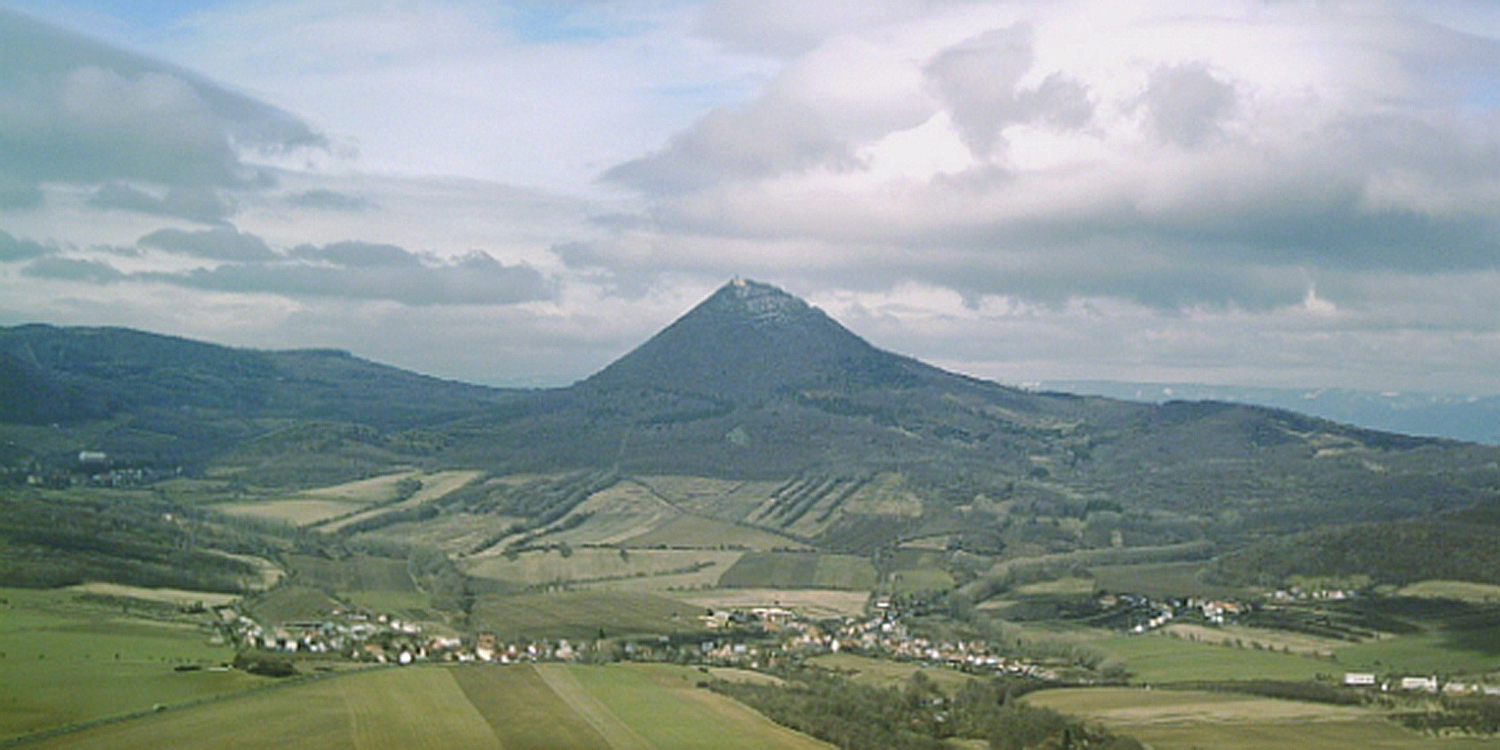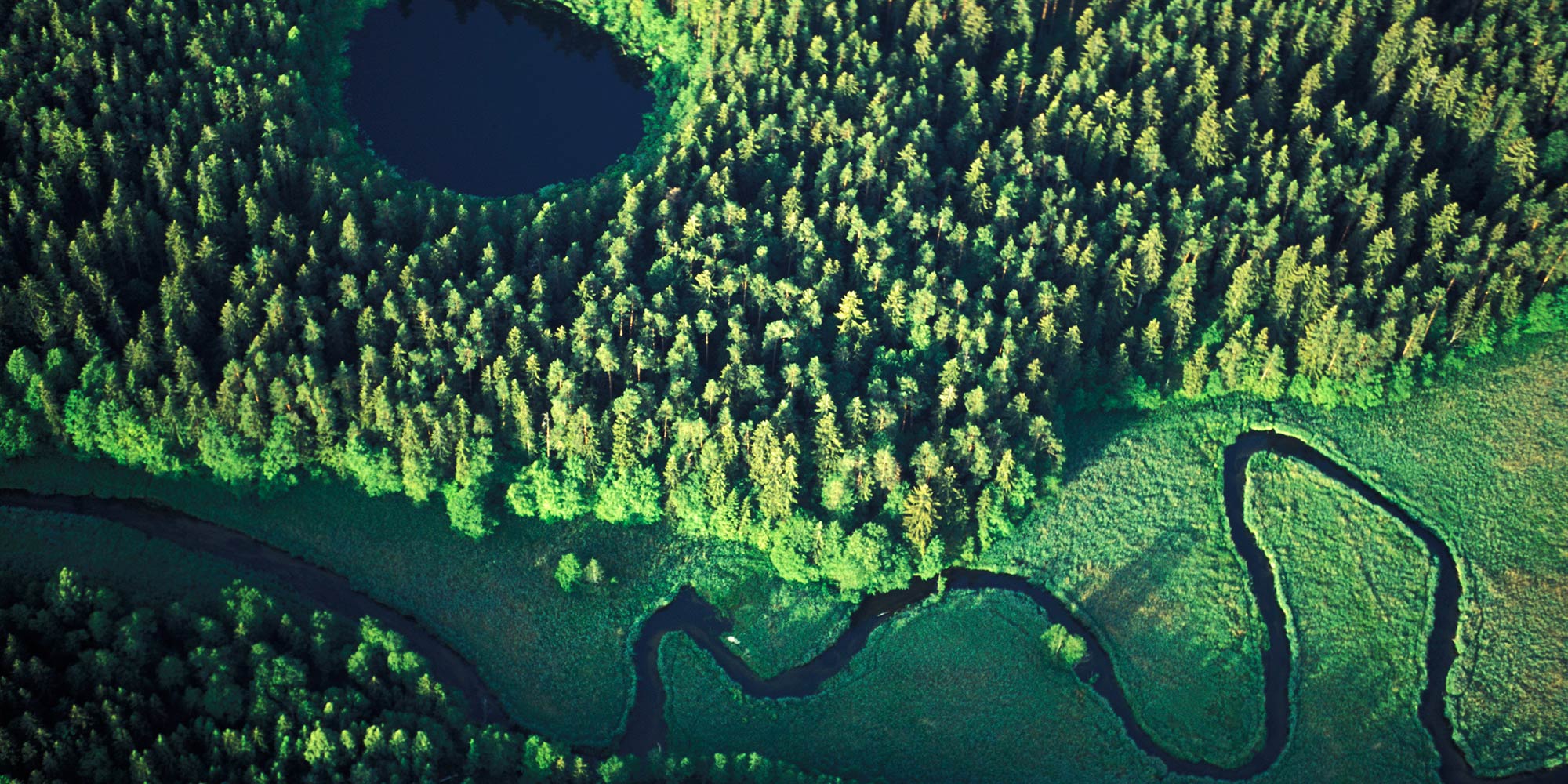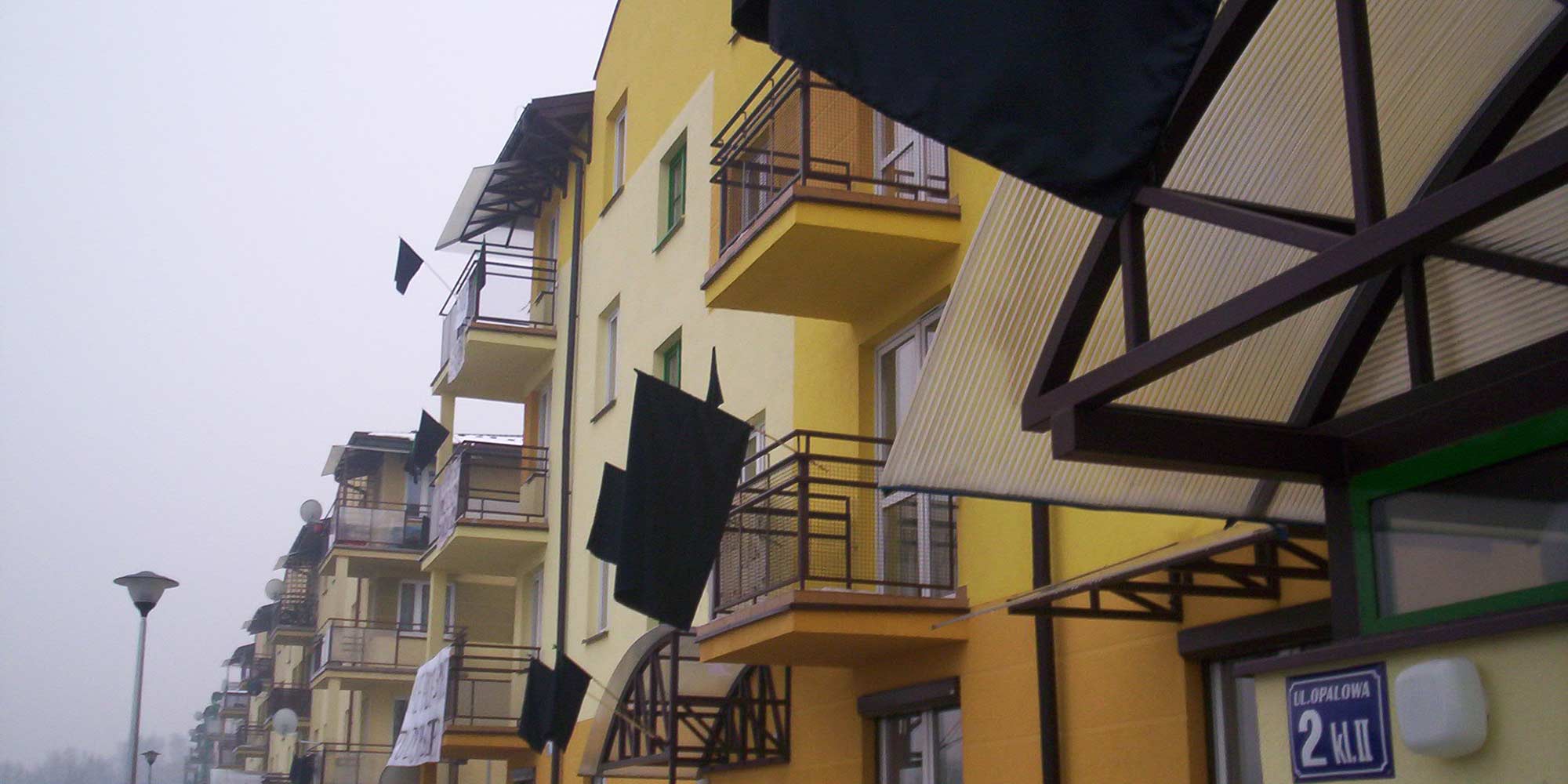ARCHIVED: Kresna gorge / Struma motorway, Bulgaria
The Struma motorway is tragically emblematic of an EU-funded project that has wrought havoc on European biodiversity and the wishes of local communities. In spite of two decades of protest by civil society and citizens, part of the Struma motorway section is planned directly through the Kresna gorge, a Natura 2000 site and Bulgaria’s richest biodiversity hotspot.
European Fund for Strategic Investments (EFSI)
Tasked with stimulating the European economy, the new investment fund may just become an extention of the European Investment Bank’s normal lending with very limited additional (green) finance.
Archived projects
(Archived are projects that we don’t actively monitor any longer. They may still offer important lessons about EU funds spending, showcase its shortcomings or how to overcome them.)
Relocation of the main train station in Brno, Czech Republic
Against overwhelming public opposition, Brno hopes to relocate its main train station with the help of EU funding. Reconstructing the current station would be a much more effective use of public money and wouldn’t complicate the lives of tens of thousands of people.
Saaremaa bridge, Estonia
Saaremaa is the biggest Estonian island (40,000 inhabitants) and an important recreation destination with some 250,000 visitors per year. Famous for its picturesque landscapes, the island’s vulnerable ecosystems are in danger of being sacrificed for an expensive bridge construction.
R1 Prague motorway, Czech Republic
Prague motorway’s ringroad R1 is a crucial part of the Czech Republic’s Trans-European Network (TEN-T). However, some of the road sections being planned for construction are failing to fulfil TEN-T project criteria and their cost-effectiveness is highly questionable.
D8 Motorway, Czech Republic
The D8 motorway is part of the Berlin – Prague – Budapest – Sofia – Istanbul European multi-modal transport corridor IV. The controversial history of its construction started fifteen years ago when the Czech government reapproved a motorway scheme that was conceived in 1963.
Via Baltica and Via Carpatia expressways, Poland
Expressway developments in north-east Poland could have devastating ramifications on the Knyszyn and Augustow Primeval Forests and the Biebrza Marshes – areas of extraordinary beauty that are home to unique wildelife.
Krakow waste incinerator, Poland
Poland is hoping to use EU funds to construct municipal waste incinerators in 12 cities – this figure is up from the 9 that were planned in 2008. The total cost of the proposed incinerators will consume around 66% of Poland’s Cohesion Funds money for waste management for the 2007-2013 period. Moreover, as potentially only half of the 12 planned incinerators will be ready to apply for EU funding within the present financial period 2007-2013, available waste funding will be blocked for developing alternatives such as separate collection and recycling schemes.
